President Prabowo’s Foreign Policy: Soft Diplomacy and Youth Engagement at the Forefront
In addition to diplomatic efforts, Indonesia must address ongoing challenges, such as the alarming rise of human trafficking. Indonesian nationals have fallen victim to trafficking rings, forced into exploitative labor conditions in countries like Myanmar and Cambodia. The Indonesian government, led by President Prabowo, must prioritize the safety and well-being of its citizens abroad, ensuring that Indonesian migrant workers are protected from abuse and exploitation.
Regional Challenges and Global Responsibility
Indonesia’s leadership role in ASEAN places additional responsibility on the country to address regional challenges. Issues such as the plight of the Muslim minority in Patani (Thailand), the Rohingya crisis in Myanmar, and the ongoing conflict in Mindanao (Philippines) demand urgent attention. As the current ASEAN chair, Indonesia must leverage its influence to mediate these longstanding issues, promoting peace and stability in the region.
Moreover, the South China Sea dispute remains a critical concern, particularly near the Natuna Islands. This strategic area, rich in oil and gas reserves, is vital for international shipping lanes and energy security. Indonesia must assert its sovereignty over these waters while seeking peaceful resolutions to the territorial disputes involving neighboring countries.
Conclusion: A Call for Strategic and Inclusive Foreign Policy
PB HMI urges the Indonesian government to pursue a foreign policy that is not only proactive but also inclusive of all sectors of society, particularly the youth. Through soft diplomacy and active participation in global and regional dialogues, Indonesia can strengthen its position as a responsible and influential global actor. In doing so, Indonesia can safeguard its national interests, promote peace and security, and ensure the well-being of its citizens both at home and abroad.



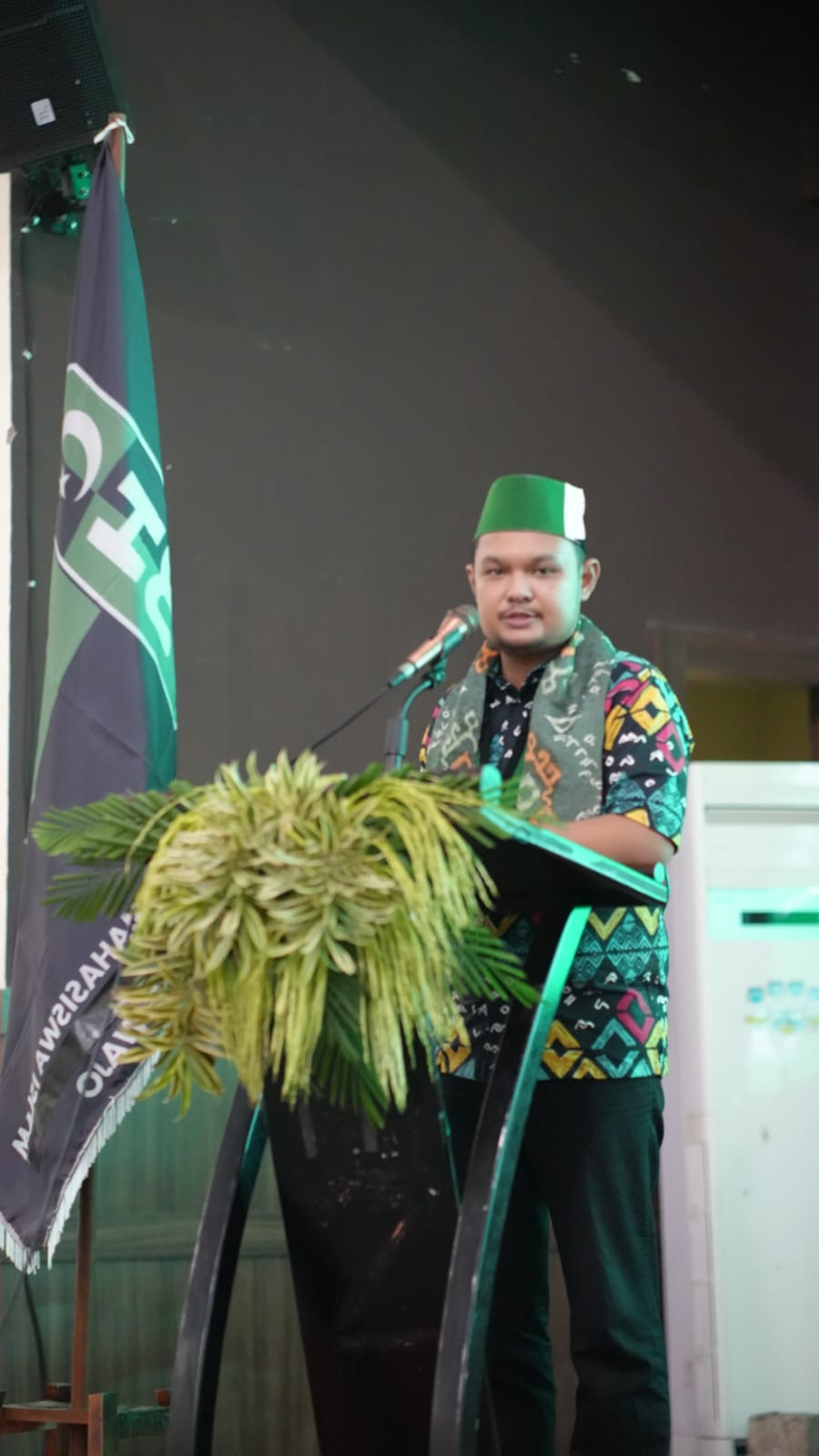
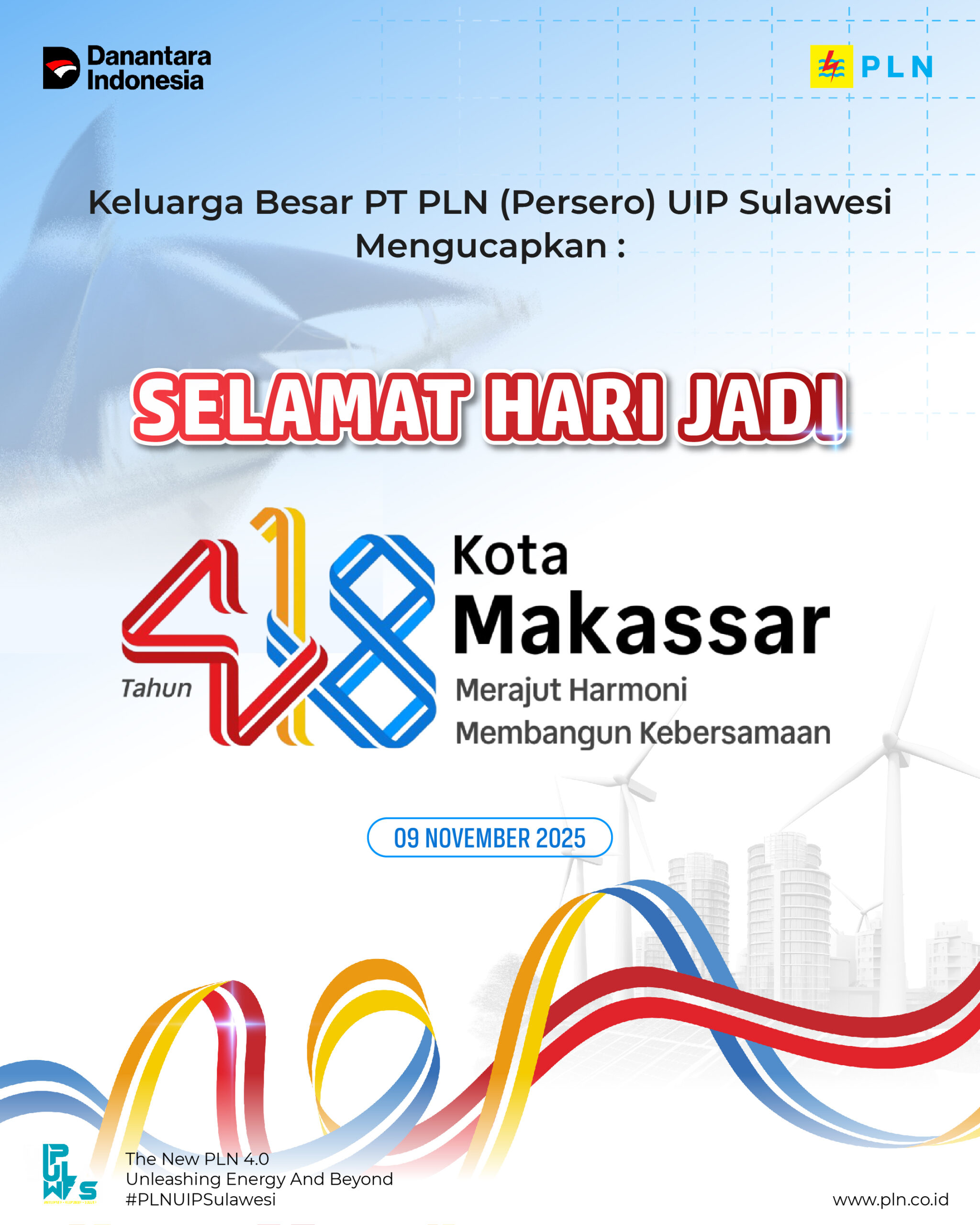








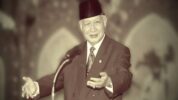

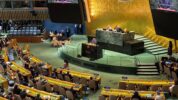
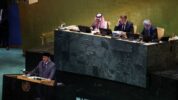

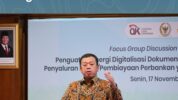






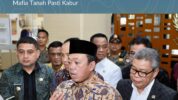
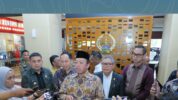
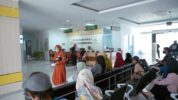
Tinggalkan Balasan